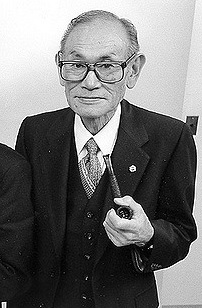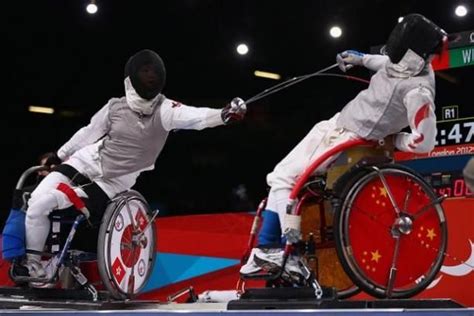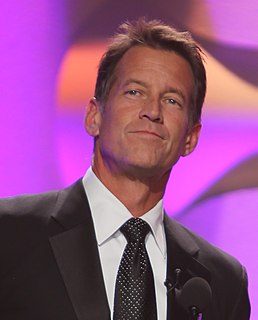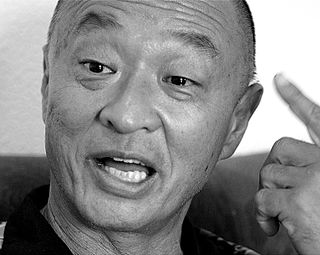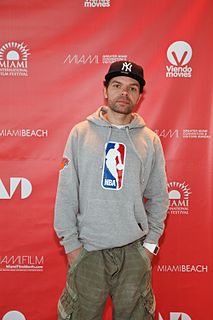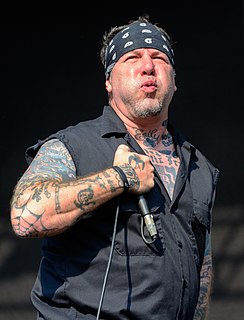A Quote by Fred Korematsu
Before the war, my parents were very proud people. They'd always talk about Japan and also about the samurai and things like that. Right after Pearl Harbor, they were just real quiet. They kept to themselves; they were afraid to talk about what could happen. I assume they knew that nothing good would come out of it.
Related Quotes
I always wanted to have a young female artist that would tell me the truth about life and not only talk about the good things or the things that were exciting or interesting but also talk about the things that people in general are skeptical to talk about- the bad things that do happen. A good 50% of our lives is things that are happening that we're not necessarily super thrilled about and I feel like that's missing from pop music a lot of the time so my main goal is to be truthful about everything and not just specific things.
We worked on The Perfect Storm, and I'll never forget, Wolfgang Petersen would talk about a moment. Like a non-speaking moment, where we'd all be sitting around eating dinner, and it would probably last maybe four seconds on screen. But he would sit there and talk about it for about 10 minutes. He knew what piece of the puzzle that scene would be, and if it were six seconds, it would be too long. If it were three seconds, it wouldn't be enough. I'm always turned on with people's enthusiasm like that.
I am so proud of being a Paralympian because I think the Games are a very good platform for disabled persons to perform themselves. Within the Paralympics movement, it's not just talk about excellence; it's not just talk about the competition. It's also talk about the equality and how your world accepts those disabled people.
We don't talk about that at all as a country. I think that most people assume that there's nothing they could do if a nuclear bomb went off in their city. And that's just not true. Most people would survive most terrorist nuclear attacks because the bombs would likely be much smaller than those we were dealing with in the Cold War.
Do not talk about giftedness, inborn talents! One can assume great men of all kinds who were very little gifted. They acquired greatness, became “geniuses” (as we put it), through qualities the lack of which no one who knew what they were would boast of: they all possessed that seriousness of the efficient workman which first learns to construct the parts properly before it ventures to fashion a great whole; they allowed themselves time for it, because they took more pleasure in making the little, secondary things well than in the effect of a dazzling whole.
I think any information about any type of art form, it's always the right time. But since the last one, I could see there were many things about the culture of DJing that we don't really talk about. We don't really look at how the music is made, how it's conceptualized, how it's put together. We talk about the equipment and the software, but we don't talk about the reasons why we put the music together in the first place.
Every time you hear anyone talk about the Caribbean, whether it's Caribbeans themselves or people outside, there's always talk about women's bodies. Talk about this voluptuousness, this kind of stereotype of what a Caribbean person is. And I think these are stereotypes that even people inside the culture, we actually sometimes claim them and we're very proud.
